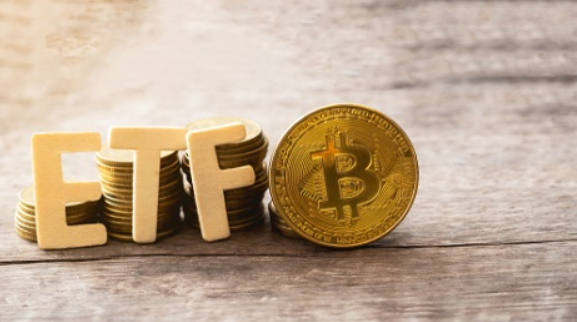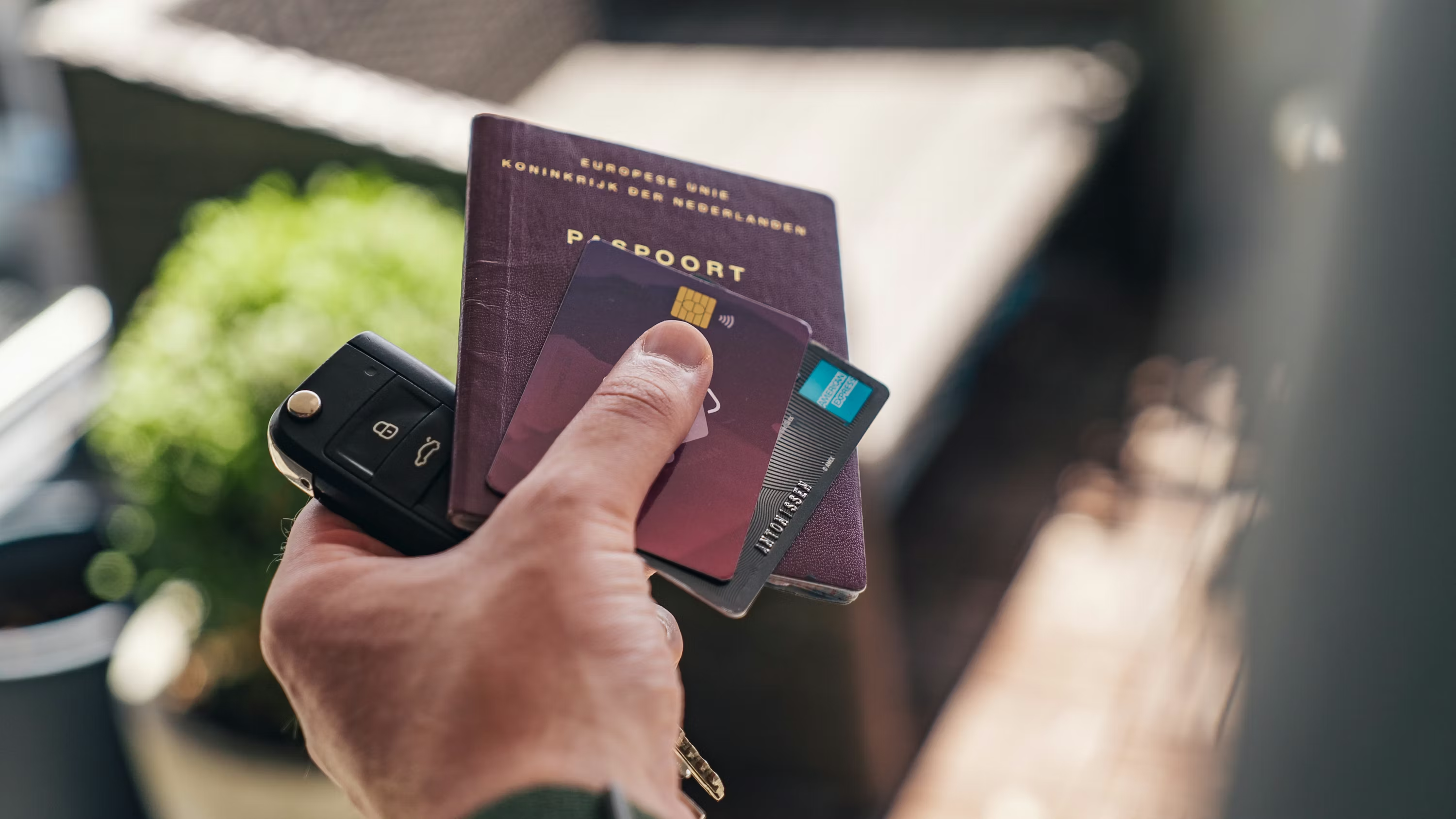
The rivalry to introduce the first Bitcoin ETF in the U.S. has heated up. BlackRock and Bitwise, two big market players, have each proposed their own ETF, and the United States Securities and Exchange Commission is quite interested in these plans.
Both firms are vying for the chance to be the first to market with a revolutionary investment product that would broaden the pool of people who can afford to invest in Bitcoin.
BlackRock’s application for the iShares Bitcoin Trust was officially docketed by the SEC, marking a significant step in the regulatory review process.
The company’s revised application included a “surveillance sharing” clause, partnering with Coinbase crypto exchange to monitor and report potential illicit activities. This move came after the SEC had signaled concerns about the initial application.
Bitwise, on the other hand, also received acknowledgment for its spot Bitcoin ETF application, adding to the growing list of contenders seeking SEC approval. Alongside BlackRock and Bitwise, other prominent firms like Invesco, Wisdom Tree, Fidelity, Valkyrie, and ARK Invest have entered the race, each incorporating the surveillance sharing provision in their applications.
SEC Formally Accepts BlackRock Spot Bitcoin ETF Application
► https://t.co/rclN7Hkk7P https://t.co/rclN7Hkk7P— Decrypt (@decryptmedia) July 15, 2023
Spot Bitcoin ETF In Layman’s Terms
In simple terms, a Spot Bitcoin ETF is a type of investment fund that lets people or organizations buy the popular digital currency Bitcoin (BTC). Exchange-Traded Funds, or ETFs, are financial products that follow the price of an object or group of assets.
The word “spot” refers to the fact that the ETF trades directly in Bitcoin instead of in Bitcoin futures or other derivatives. This means that the fund owns Bitcoin itself, not a contract or other symbol of its value.
By buying shares of a Spot Bitcoin ETF, people can gain exposure to changes in Bitcoin’s price without having to buy and keep Bitcoin themselves. The ETF provider handles buying, storing, and keeping Bitcoin safe on clients’ behalf.
Once approved, this type of ETF would be tradable on traditional stock exchanges, offering a bridge between the world of cryptocurrencies and traditional financial markets.
Bitcoin ETF: Getting The SEC Nod
The cryptocurrency landscape has recently undergone a considerable development as a result of the SEC’s acceptance of these applications. A spot Bitcoin ETF has long been regarded as the “holy grail” in the sector due to its potential to attract a broader investor base and increase accessibility to digital assets.
However, the SEC has been cautious in granting approvals, citing concerns about market manipulation and investor protection.
Bitcoin trading at $30,300 on the weekend chart: TradingView.com
With multiple spot Bitcoin ETF applications under review, the SEC has an opportunity to evaluate various strategies and address potential risks associated with such financial products. The competition among companies vying for approval is seen as a positive sign for the crypto industry, as diverse proposals offer the SEC a comprehensive perspective on this emerging market.
While the SEC is yet to approve a spot Bitcoin ETF in the United States, Canada has taken a more progressive stance, with three major funds, including Purpose Bitcoin, 3iQ CoinShares, and CI Galaxy Bitcoin, already receiving regulatory approval.
Public Comment Period Opens
Meanwhile, the SEC’s official docketing of BlackRock and Bitwise’s applications, along with several other contenders, will now trigger a public comment period of 21 days, during which investors, industry experts, and other stakeholders can provide their input and feedback.
An exchange-traded fund (ETF) that tracks the price of Bitcoin in real time might be a watershed moment, bridging the gap between the realm of conventional finance and the frontier of digital assets as interest in cryptocurrencies grows throughout the world.
However, with regulatory scrutiny as the foremost priority, the SEC will carefully evaluate each proposal to ensure it aligns with investor protection standards and market integrity.
Featured image from KITCO


















